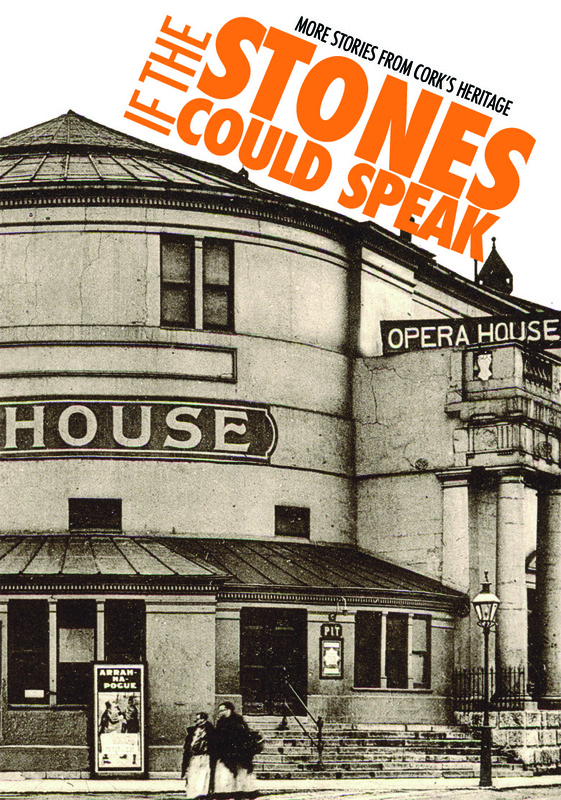Denise Gabuzda: Quakerism and the Cork Quaker Meeting House
Title
Denise Gabuzda: Quakerism and the Cork Quaker Meeting House
Subject
Built Heritage:
Description
Denise Gabuzda briefly discusses Quakerism in general and the Cork Quaker Meeting House.
Date
10 September 2014
Identifier
CFP_SR00527_gabuzda_2014
Coverage
Cork, Ireland 1600s, 1900s
Source
Cork Folklore Project Audio Archive
Rights
Cork Folklore Project
Language
English
Type
Sound
Format
1.wav File
Interviewee
Interviewer
Duration
24min 13sec
Location
St Lukes, Cork City, Ireland
Original Format
.wav
Bit Rate/Frequency
24bit / 48kHz
Transcription
The following is a short extract from the interview transcript, copyright of the Cork Folklore Project. If you wish to access further archival material please contact CFP, folklorearchive@gmail.com
I think probably the most distinctive thing about Quakerism is that it is based on the premise that everybody is equal. Religion really equal and that we don’t need any kind of intermediary between us and God or the Spirit and, for that reason, back when Quakerism came into being in the 17th Century they decided they didn’t need priests or Ministers or any kind of Pastor and, essentially, the whole structures of how Quakers do things are based on the idea that we can have that direct contact. So the appearance of a Quaker meeting on a Sunday morning, Quaker meeting houses are very different than what most people are used to in terms of churches or temples or synagogues or whatever. The building will be very simple, very little adornment and there’s no programme at all. There’s nobody leading the service. We just sit in silence for about, mostly silent for about an hour. Occasionally somebody may get up and say something that they feel moved to say and, in principle, we believe that sometimes when this happens that person is actually moved to say something by the spirit of God and so, in some sense, they are acting as the Minister of the meeting during the time that they get up and speak. So that’s what a Quaker meeting is like. That’s the form of worship that Quakers use, mostly silence with a bit of sort of inspired ministry from a number of people during the course of about an hour. All the work that would normally be done by paid clergy or priests or Ministers is done by committees essentially, by officers who are appointed for a few years and then they may step down and somebody else will be appointed to do the job.
I think probably the most distinctive thing about Quakerism is that it is based on the premise that everybody is equal. Religion really equal and that we don’t need any kind of intermediary between us and God or the Spirit and, for that reason, back when Quakerism came into being in the 17th Century they decided they didn’t need priests or Ministers or any kind of Pastor and, essentially, the whole structures of how Quakers do things are based on the idea that we can have that direct contact. So the appearance of a Quaker meeting on a Sunday morning, Quaker meeting houses are very different than what most people are used to in terms of churches or temples or synagogues or whatever. The building will be very simple, very little adornment and there’s no programme at all. There’s nobody leading the service. We just sit in silence for about, mostly silent for about an hour. Occasionally somebody may get up and say something that they feel moved to say and, in principle, we believe that sometimes when this happens that person is actually moved to say something by the spirit of God and so, in some sense, they are acting as the Minister of the meeting during the time that they get up and speak. So that’s what a Quaker meeting is like. That’s the form of worship that Quakers use, mostly silence with a bit of sort of inspired ministry from a number of people during the course of about an hour. All the work that would normally be done by paid clergy or priests or Ministers is done by committees essentially, by officers who are appointed for a few years and then they may step down and somebody else will be appointed to do the job.
Citation
Cork Folklore Project, “Denise Gabuzda: Quakerism and the Cork Quaker Meeting House,” accessed April 27, 2024, https://corkfolklore.org/archivecatalolgue/document/177.

